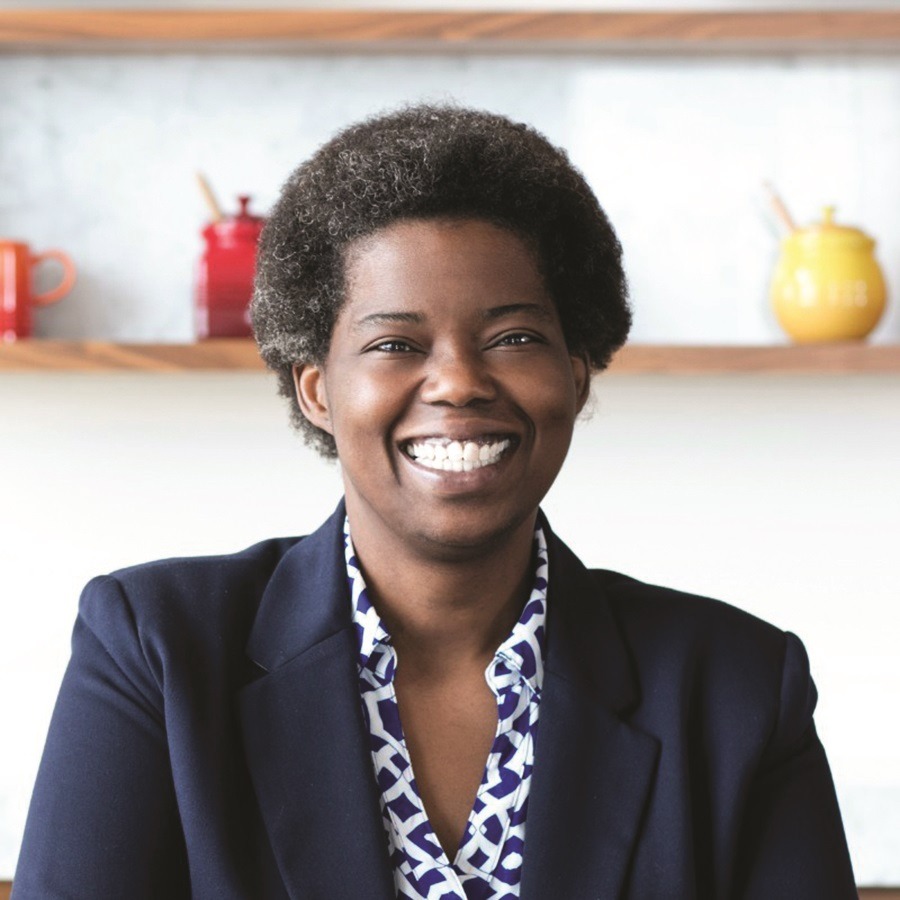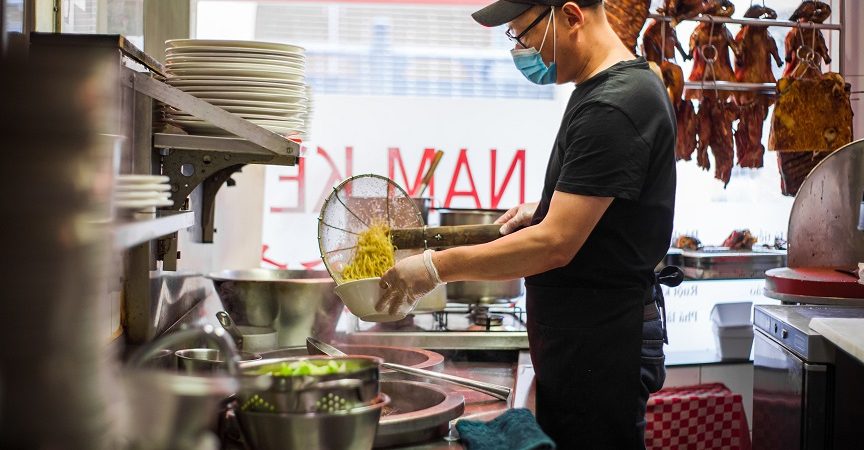Inclusive Kitchen: Tackling Systemic Racism – Q&A with Michelle Caine of Centennial College
One of our most attended and anticipated panels this year at RC Show 2021 ONLINE LIVE was the ‘Inclusive Kitchen: Tackling Systemic Racism’ panel moderated by Philman George, and featuring Suzanne Barr, Roger Mooking, Joseph Shawana, and Eden Hagos of BLACK FOODIE.
Continuing our exploration and deep dive into this issue, we spoke with Michelle Caine, Chair, Hospitality Management of School of Hospitality, Tourism & Culinary Arts at Centennial College.
Be sure to read our previous pieces on this, featuring Chef Philman George and Elle Asiedu of BLACK FOODIE.

What’s the first action an employer should take to ensure that they are fostering an anti-racist work environment?
Work with your teams: owners, leadership, supervisors, front line etc. This is the time for committees, a task force, and working groups. Talking about race and racism has recently hit the top of many business priorities, however, not everyone is prepared or comfortable. Don’t force it, if your organization is not ready or armed to have these conversations, be careful. The wrong approach can lead to more damage than good including resentment and dissent.
Bring in a consultant, HR leader, diversity expert, or a senior leader in the organization who can broach the topic.
Set realistic goals. An anti-racist work environment is broad and ambitious. Perhaps goals that include more open dialogue. Encouraging behaviour that supports respect and positive employee relations that involve race relations.
It makes me laugh (not out loud) when I am the only Black diner in a Toronto establishment and the music is hip hop and R&B. When the kitchen staff is all white and brown (thank God for our Sri Lankan cooks) and the only Black voices are Wu-Tang Clan coming from the speakers.
Where does the food media need to place more energy/effort / give more attention?
Representation. I don’t appreciate the word ‘tokenism’ but sometimes we need to see at least one face that looks like us. Black, brown with different shades and tones.
What does your social media say about your guests and staff? Who are your suppliers, what do their social media and online presence look like?
If your brand is all about showing food more than people, then stick with that, but if you have faces eating, drinking, dining in your spaces – who do they look like?
Be honest. If you do not want diversity then stick with what you are doing, be true to who you are. If you want to hire and serve a more diverse group then let them see themselves in your brand.
What practices can employers begin to implement to address and fix the systemic racism issues that affect our industry?
Call out inappropriate behaviour. Listen to Black team members, encourage open dialogue. Racism is not only an HR issue. It’s a financial, operations, service, and social issue.
Collaborate with community agencies and education – secondary and post-secondary. Black and brown culinary and hospitality professors and instructors can lead discussions, seminars consult with industry working groups.
Take an honest look at your policies and procedures. Work with a consultant or Black leader to review recruitment, hiring and the entire employee lifecycle.
Call out stereotypes in a group discussion, carefully. If you don’t have Black leaders in your organization – Managers, Area Managers, Directors, decision-makers – recruit and hire. Give Black and brown leaders space and resources to lead discussions, approach sensitive topics, debunk assumptions about their own race.
Reach out outside of our industry, what is happening in banking, real estate, the arts, media, finance, technology, transportation. How can you collaborate and work in partnerships? If there is a lack of Black or brown representation with suppliers, find a way to work together. Stop working with brands that don’t want to have the conversation and work on solutions or opportunities together. Make a commitment!
Do some research on food and beverage in Black and brown communities and culture. Work with consumer research groups on race base data. Where are the Black and brown community dining? What restaurant brands do they appreciate?
Survey on social media? Specifically ask “we want to hear from the Black community, where do go when you want a night out? Dinner? Lunch? Drinks? Where and why?”









